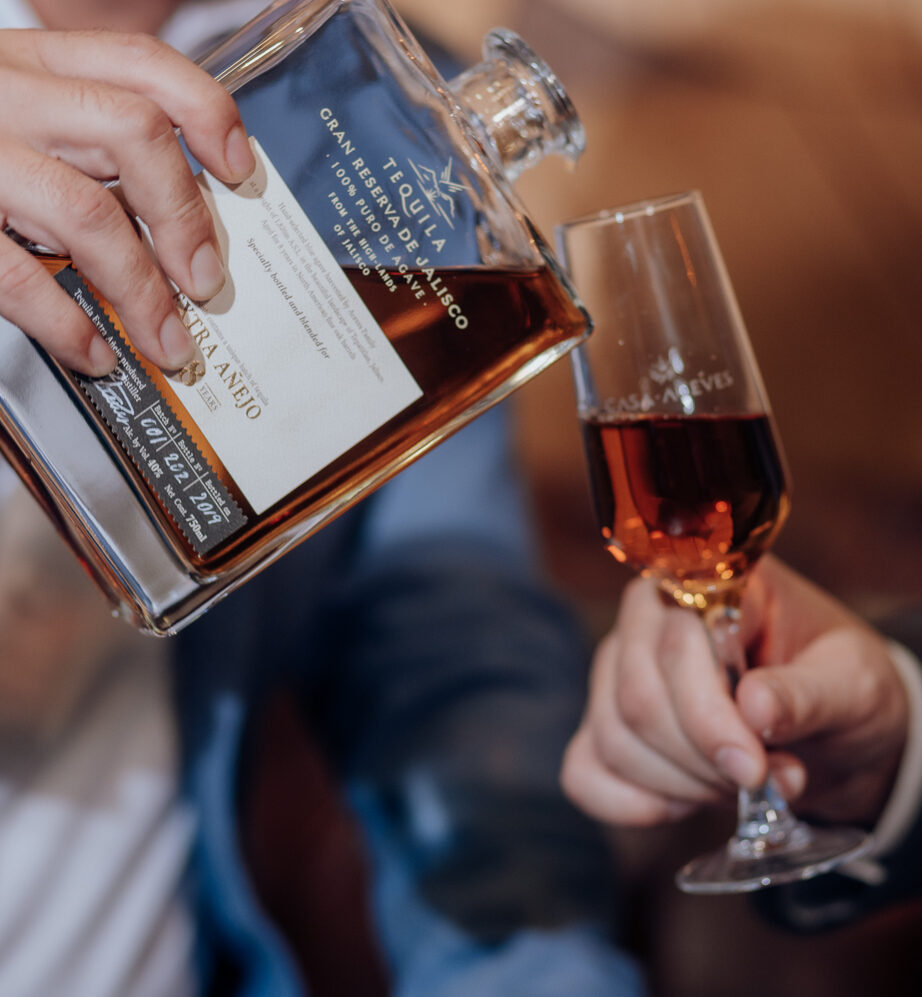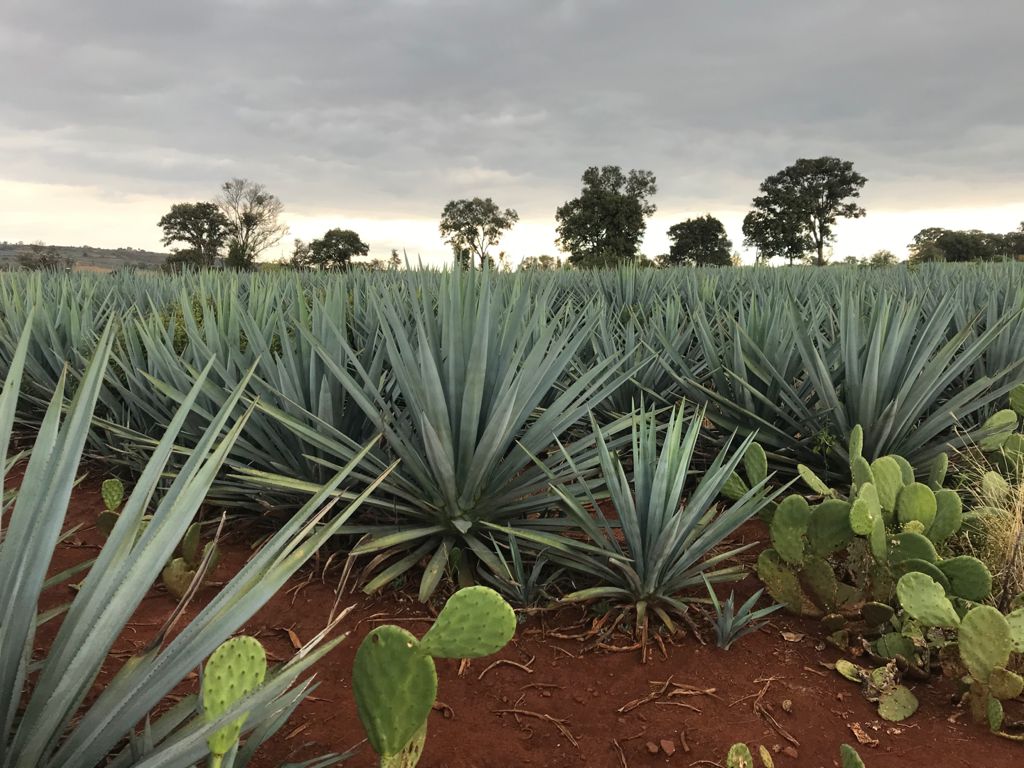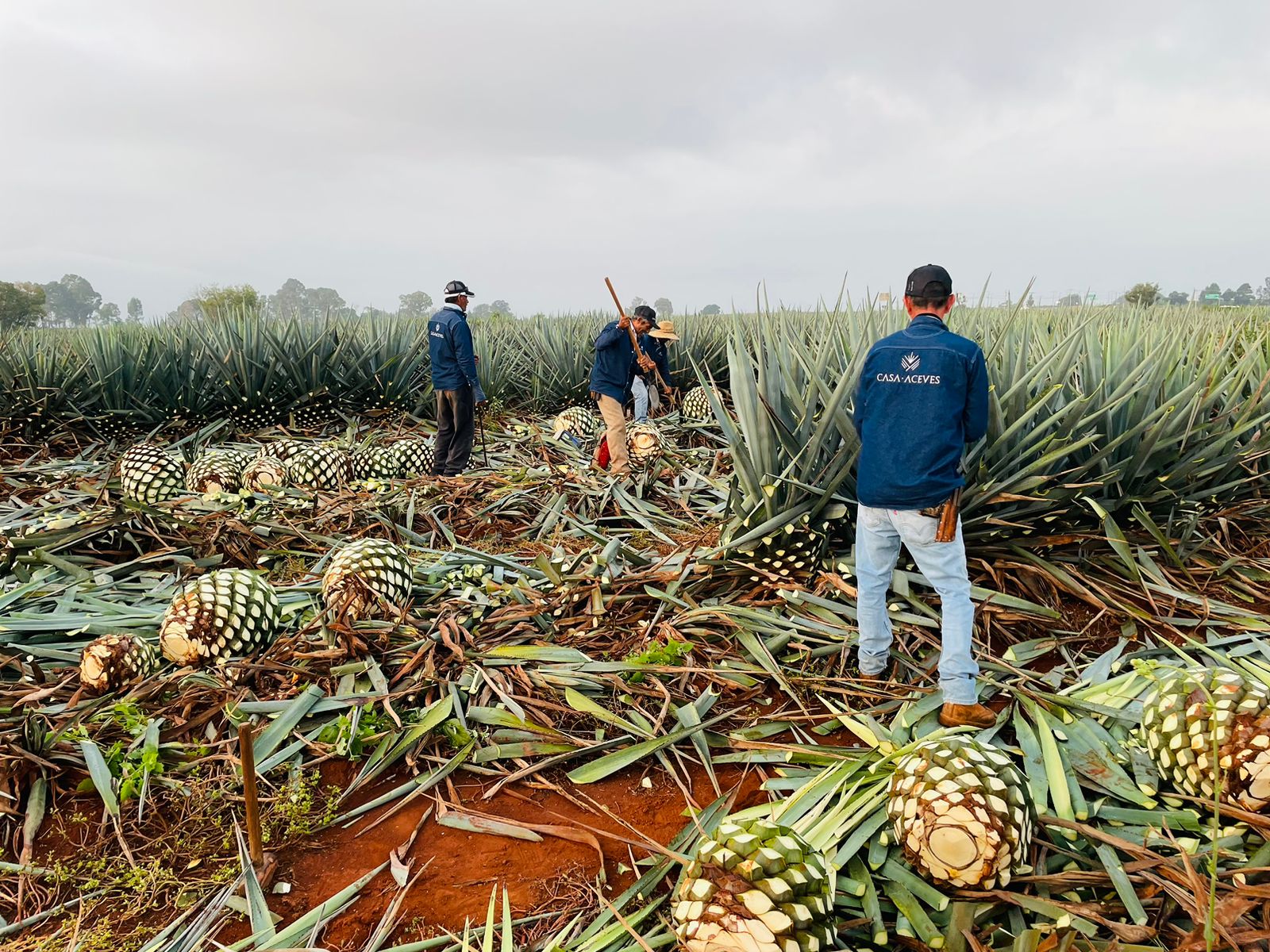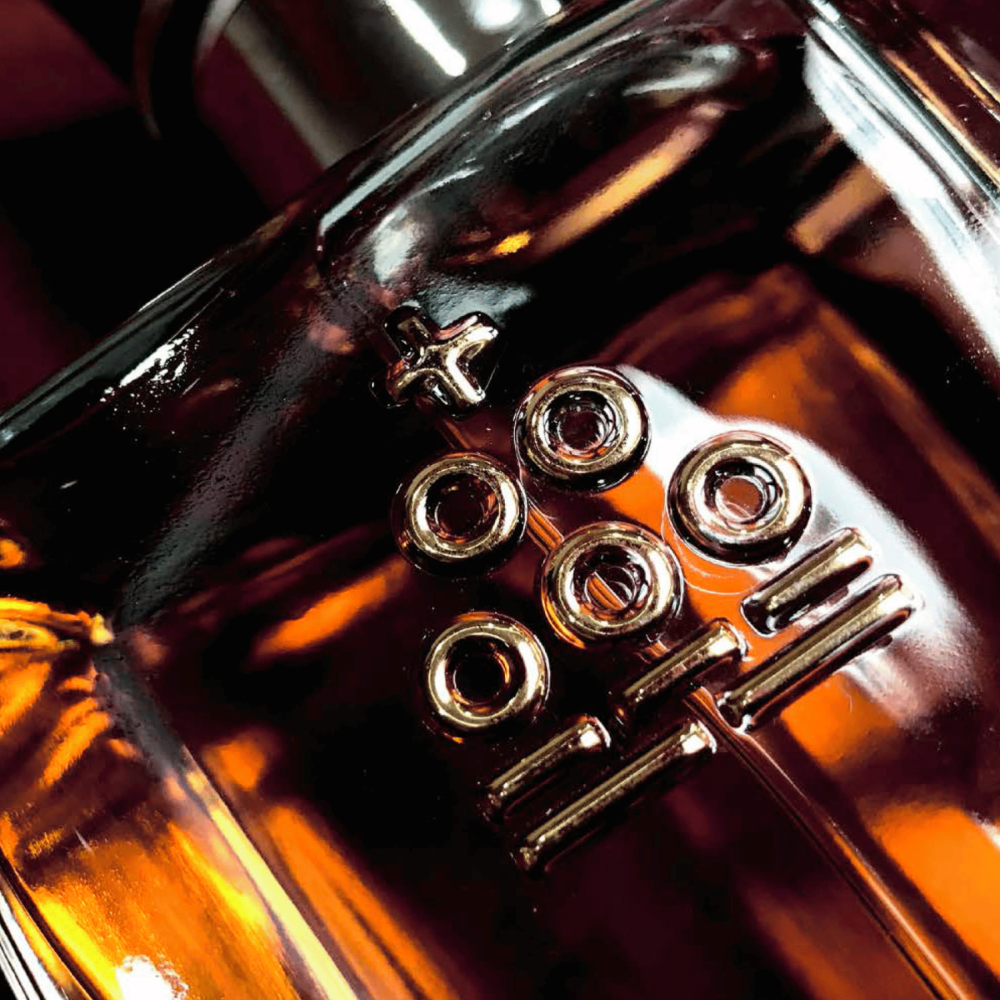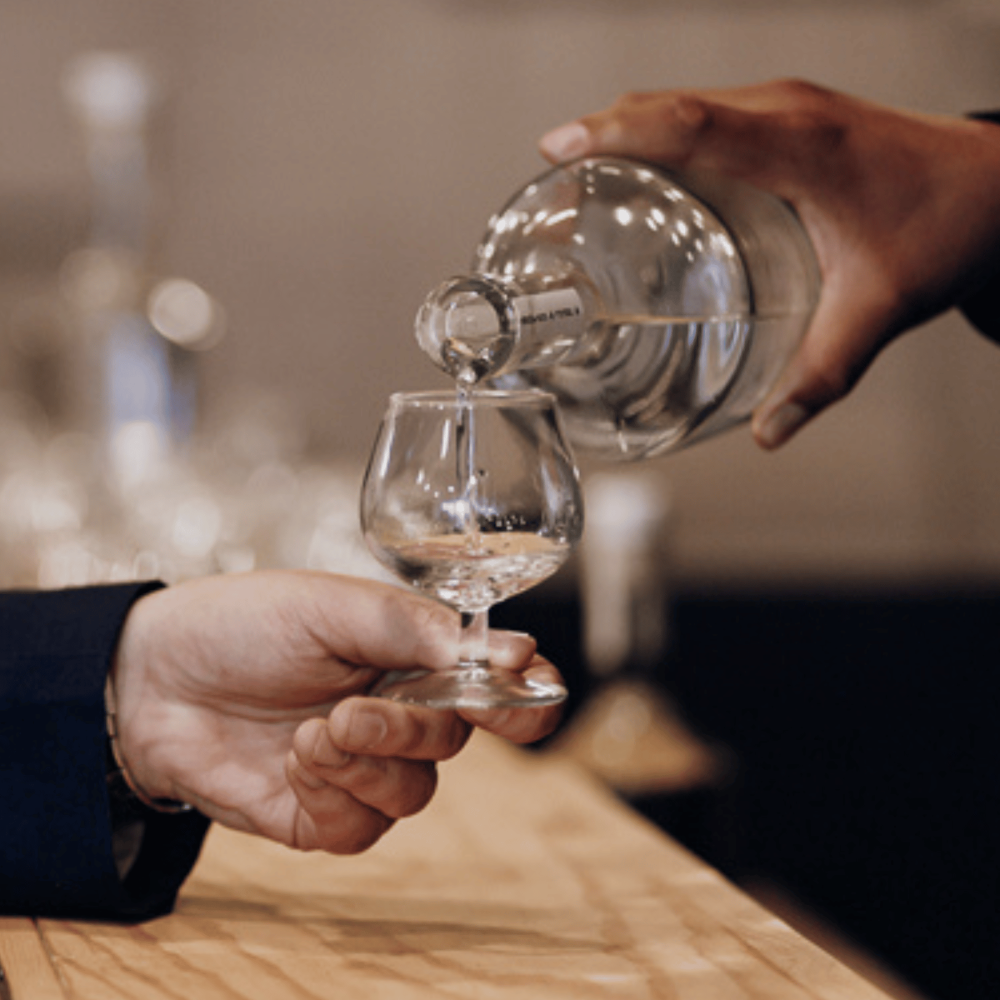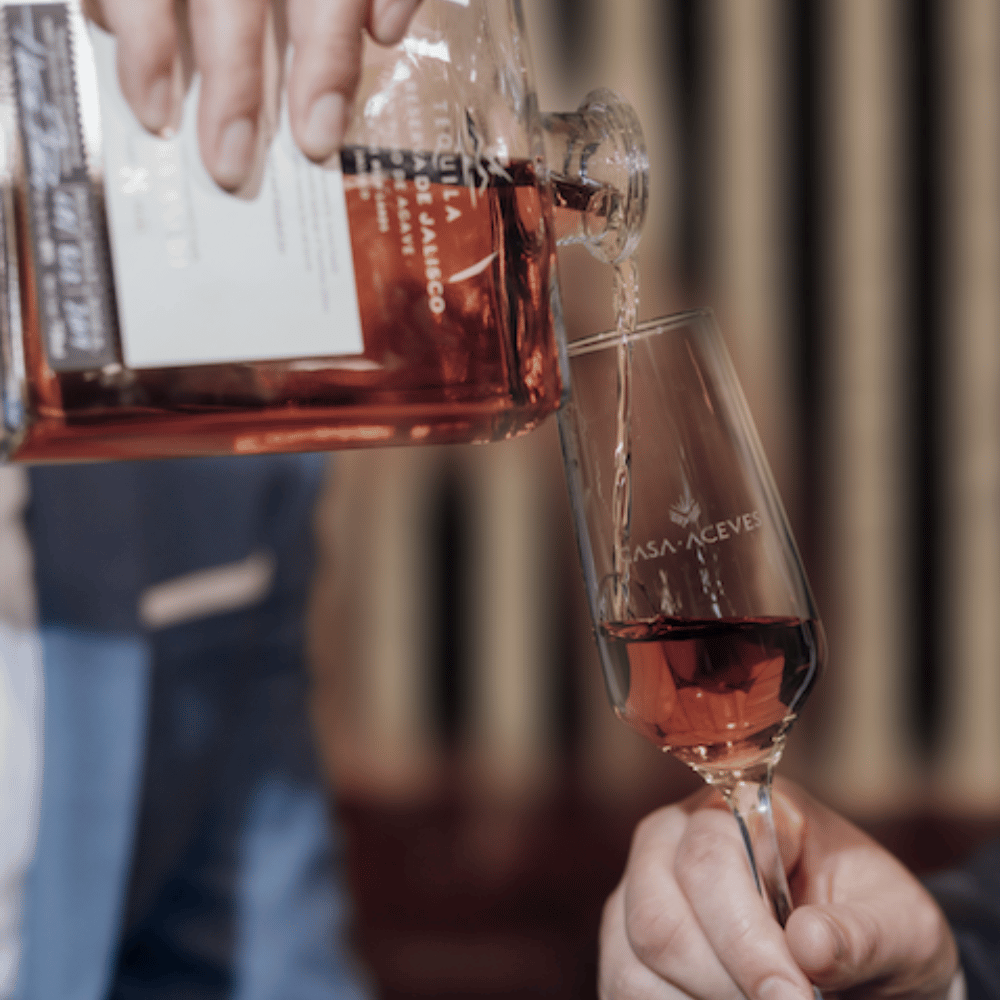Tequila is more than just an alcoholic drink. It is a cultural symbol that embodies the richness and vitality of Mexican heritage. As one of the world’s most famous spirits, tequila has been enjoyed responsibly by millions worldwide. In recognition of its importance to the history and culture of Mexico, the UNESCO World Heritage site designation has officially celebrated Tequila’s agave landscape and historic industrial facilities every year since 2019. This article will showcase the origins, production, and significance of tequila in Mexican culture.
Tequila Production
The production and regulation of tequila fall under the Denomination of Origin, overseen by a Regulatory Council. Only tequilas produced within specific geographical boundaries can be officially recognized as tequila. This region encompasses 181 municipalities across five Mexican states: Jalisco, Nayarit, Guanajuato, Tamaulipas, and Michoacán. The blue agave plant, the only plant used to produce tequila, must also be grown in the designated regions to obtain official certification. These strict regulations aim to ensure the quality and authenticity of tequila worldwide.
Our Origins
The origin of tequila derives from Aztec legends that claimed the plant was a gift from the gods. The Aztecs believed that the sap from agave plants had medicinal properties that could cure a range of illnesses. They also believed that Tequila was a Mexican elixir of life and fertility and offered it as a gift to the gods. Later, the Spanish arrived in Jalisco and began distilling the juice from the agave to produce the tequila that we know today.
Our Heritage
Tequila’s rich heritage doesn’t end at its origins. The manufacturing process involves harvesting the mature agaves and slowly roasting them in brick or clay ovens. The cooked agave is then mashed using traditional stone wheels before being diluted with water, fermented, and double-distilled to produce the alcohol. All these steps contribute to the unique flavors and aromas that a good tequila should possess.
Our Varieties
Tequila comes in many varieties; from the classic clear Blanco to the more complex Añejo and Extra Añejo types that age in oak barrels. Whichever option one prefers, one should always consume tequila responsibly. Most tequilas contain an alcohol content ranging from 37 to 45 degrees, similar to most other distilled spirits. By enjoying tequila in moderation, one can appreciate the richness of Mexican traditions, culture, and heritage.
Honor Agave
In conclusion, Tequila is more than just a distilled spirit; it is the product of a rich cultural heritage that is celebrated around the world. Mexico’s UNESCO World Heritage designation recognizes the importance of tequila to the country’s history, culture, and economy. Whether visiting a bar or restaurant or hosting an event, anyone can appreciate tequila responsibly by exploring its unique flavor, aroma, and history. As a result, it remains an exceptional and beloved part of Mexican culture that is enjoyed and celebrated worldwide.
👇🏻 Follow Us On Instagram to learn more about the amazing world of tequila, from an insider’s perspective. 🥂✨
